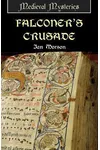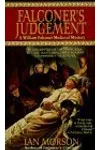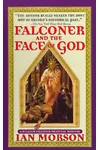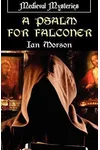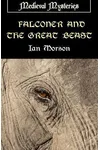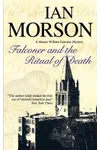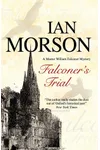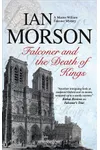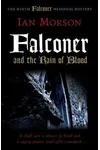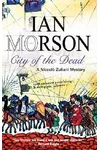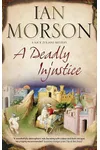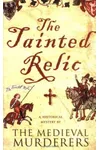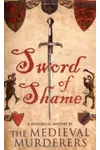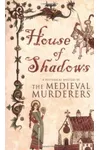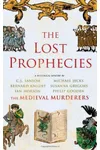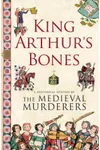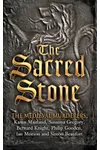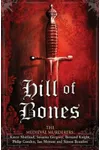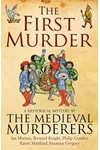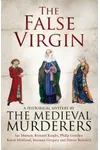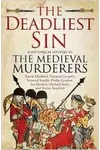Picture a storyteller who swapped dusty library shelves for the vibrant streets of 13th-century Oxford—meet Ian Morson! Born in 1947 in England’s Midlands, this historical novelist spun tales of medieval mystery that captivate readers with their rich detail and clever sleuthing. His William Falconer series, blending logic and intrigue, brings a forgotten era to life with a modern twist.
Morson’s journey from Oxford scholar to acclaimed author is as fascinating as his novels. With a knack for uncovering the past, he crafts stories that feel like stepping into a time machine—complete with murder, mayhem, and medieval charm. Let’s dive into the life and legacy of this master of historical crime fiction.
The Making of Ian Morson
Born in Derby, England, just after World War II, Ian Morson grew up in a working-class family tied to Rolls-Royce and the railways. A bright student, he won a scholarship to Oxford University in 1965, where he studied Russian and fell in love with the city’s historic charm. After a stint researching folk-life studies at Leeds University, Morson worked as a librarian in London, surrounded by books that sparked his creative itch. At 42, he took a leap, channeling his passion for history and storytelling into writing, debuting with the William Falconer series in 1994.
Ian Morson’s Unforgettable Stories
Ian Morson’s William Falconer series is the heart of his legacy, set in the turbulent 13th-century Oxford. Falconer, a Regent Master at Aristotle’s Hall, is a “deductionist” who uses Aristotelian logic to solve murders. In Falconer’s Crusade (1994), he tackles a servant girl’s murder amid the baronial uprising against King Henry III, weaving town-versus-gown tensions and medieval antisemitism into a gripping mystery. Falconer and the Great Beast (1998) introduces an elephant and Tartar warriors, showcasing Morson’s flair for blending historical oddities with suspense.
Beyond Falconer, Morson penned the Nick Zuliani mysteries, following a Venetian adventurer in exotic settings like 13th-century Cathay. His work with the Medieval Murderers, a collective of historical crime writers, produced anthologies like The Tainted Relic, where relics spark centuries-spanning mysteries. Morson’s style shines through meticulous research, vivid settings, and clever plots that keep readers guessing. His ability to humanize historical figures and explore themes like prejudice and ambition makes his stories resonate today.
Whether it’s Oxford’s muddy streets or a Mongol encampment, Morson’s novels immerse readers in a world where logic battles superstition. His characters, from the sharp-witted Falconer to the gruff constable Peter Bullock, feel like old friends, their quirks grounded in the era’s gritty reality.
Why Ian Morson Matters
Ian Morson’s contribution to historical fiction lies in his ability to make the medieval world accessible and thrilling. His novels, praised by the New York Times for shaking “the dust out of Oxford’s historical past,” bridge academic rigor with page-turning entertainment. Fans of C.J. Sansom and Ellis Peters devour his work for its authenticity and emotional depth. By spotlighting issues like discrimination and intellectual freedom, Morson invites readers to reflect on the past’s relevance today.
His relatively modest but dedicated following proves that quality trumps fame. Morson’s stories, published by Ostara and celebrated in niche mystery circles, continue to inspire readers who crave history with a side of suspense. His late start as a writer—at 42—reminds us it’s never too late to chase a dream.
- Born: 1947, Derby, England
- Key Works: William Falconer series, Nick Zuliani mysteries, Medieval Murderers anthologies
- Education: Oxford University (Russian), Leeds University (Folk-life studies)
- Notable: Began writing professionally at age 42
Ready to step into 13th-century Oxford? Snag Falconer’s Crusade and dive into Ian Morson’s thrilling medieval mysteries!
